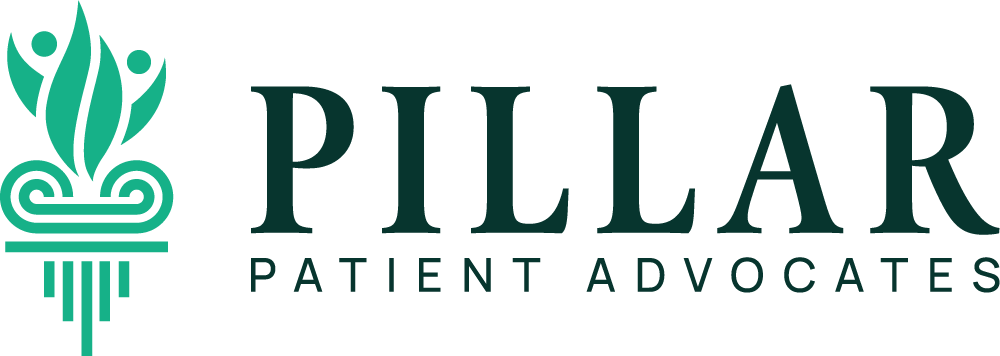Understanding Legal Guardianship Choices for Families Facing Illness
When facing a chronic illness or end-of-life stages, navigating the complexities of legal guardianship can be overwhelming for families. Understanding the different types of guardianships is crucial for ensuring your loved one’s needs are met, especially during these challenging times. At Pillar Patient Advocates, we are here to break down these legal options in a clear and approachable way. This guide will help you understand how each type of guardianship works and how they can provide support and protection for those who need it most. Whether you are a caregiver, family member, or someone managing a chronic condition or end-of-life decisions, we are here to help you make informed choices.
What is legal guardianship?
Legal guardianship is a court-appointed role where an individual, known as the guardian, is given the authority to make decisions on behalf of another person who is unable to manage their own affairs. In the context of the American healthcare system, this often means the guardian is responsible for making critical healthcare decisions, managing medical treatments, and ensuring the well-being of a loved one who may be facing a chronic illness or end-of-life stage. Legal guardianship provides a structured way to protect vulnerable individuals and ensure they receive the care and support they need, tailored to their unique circumstances.
Initiating a guardianship requires legal action, which means working with a lawyer to navigate the necessary court processes and paperwork. The rules and processes for establishing guardianship can vary greatly across different states, counties, and towns, so be sure to review local guidelines and get familiar with the required documentation in your region. Consulting with a legal professional will help ensure that all steps are completed correctly, and that the guardianship arrangement is properly established. Elder law attorneys, estate planning lawyers, family law attorneys, probate attorneys, and disability rights lawyers are all equipped to help navigate the complexities of guardianship. Each specializes in different aspects of the law that may apply to your situation, from managing healthcare decisions and financial matters to ensuring the rights of those with disabilities are protected. Additionally, a board-certified advocate at Pillar Patient Advocates can help you find the appropriate lawyer and support you through the legal process.
Here are a few examples of different types of legal guardianship that can help ensure your loved one’s needs are met in a way that aligns with their health situation and personal wishes.
-
Limited Guardianship
Is designed for individuals who are still capable of making some decisions on their own but need support in specific areas, like healthcare or financial management. This type of guardianship allows the person to retain their independence in areas where they are still capable of while ensuring they have the necessary assistance in more complex or challenging aspects of their life. It’s a flexible arrangement that can be tailored to meet the unique needs of each situation, providing both support and autonomy for the individual. This can be particularly helpful for those managing chronic illnesses or navigating the end-of-life stages.
-
Co-Guardianship
Is an arrangement where two or more individuals share the responsibilities of guardianship, allowing them to work together in making important decisions. This collaborative approach can be beneficial, as it combines the strengths and perspectives of multiple guardians, ensuring well-rounded support for the person in need. It also provides a safety net, so if one guardian is unavailable or overwhelmed, the others can step in to ensure continuity of care. Co-guardianship fosters teamwork and shared responsibility, making it a practical option for families or close friends who want to jointly support a loved one.
-
Guardianship of the Estate
Involves granting a guardian the authority to manage the financial affairs of a person who is unable to do so themselves. This includes responsibilities like managing assets, paying bills, and handling other financial obligations to ensure the individual’s financial stability and security. It is an essential arrangement for protecting the person’s financial interests, especially when they are facing health challenges that prevent them from managing their own finances. By taking on this role, the guardian helps to ensure that the individual’s financial needs are met, providing peace of mind for both the individual and their loved ones.
-
Rogers Guardianship
Is a specific type of guardianship often used in situations where the individual requires significant medical treatment or mental health care, particularly involving the administration of antipsychotic medications. Unlike other forms of guardianship, Rogers Guardianship requires court approval for specific treatment decisions, ensuring that the individual's rights and well-being are closely monitored. This type of guardianship is particularly important when the person is unable to consent to treatment on their own, providing a legal framework to ensure they receive necessary care while safeguarding their autonomy and dignity.
-
Plenary Guardianship
Grants the guardian full authority to make all decisions on behalf of an individual who is deemed unable to care for themselves or manage their own affairs. This type of guardianship is comprehensive, covering both personal and financial matters, and is typically used when the person has significant cognitive or physical impairments that prevent them from making informed decisions. Plenary guardianship ensures complete oversight and protection, providing a safeguard for the most vulnerable individuals who require extensive support.
-
Conservatorship
Is a legal arrangement similar to guardianship but focuses primarily on managing an individual's financial affairs. A conservator is appointed to handle financial matters, such as managing assets, investments, and paying bills, especially when the person is unable to do so due to illness, disability, or incapacity. This type of arrangement is essential for protecting the financial well-being of the individual, ensuring that their resources are managed wisely and used appropriately to cover medical expenses and other essential needs.
Making Informed Decisions About Your Next Steps
Understanding the various types of legal guardianship is essential for making informed decisions that best support a loved one facing illness or incapacity. Each type of guardianship provides different levels of support and oversight, tailored to the specific needs of the individual and their circumstances. At Pillar Patient Advocates, we are here to help you navigate these complex decisions, offering guidance and resources to ensure that your loved one receives the care and protection they deserve. Our board-certified advocates can help you weigh your options, understand the implications of each type of guardianship, and start the legal process for establishing or changing guardianships to best support your loved one. Making the right choice can provide peace of mind and stability during difficult times, ensuring your loved one’s needs are met with compassion and respect.



